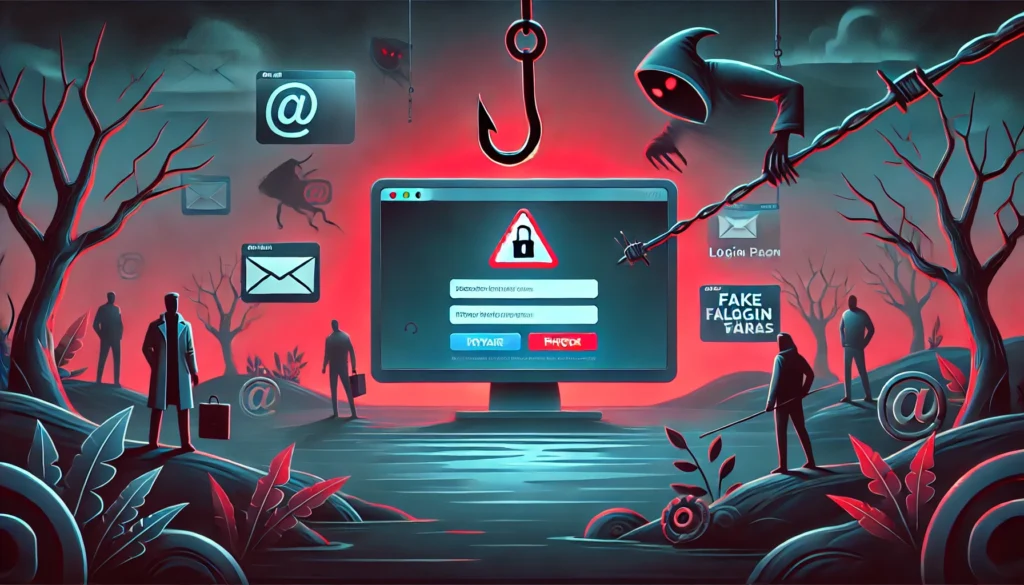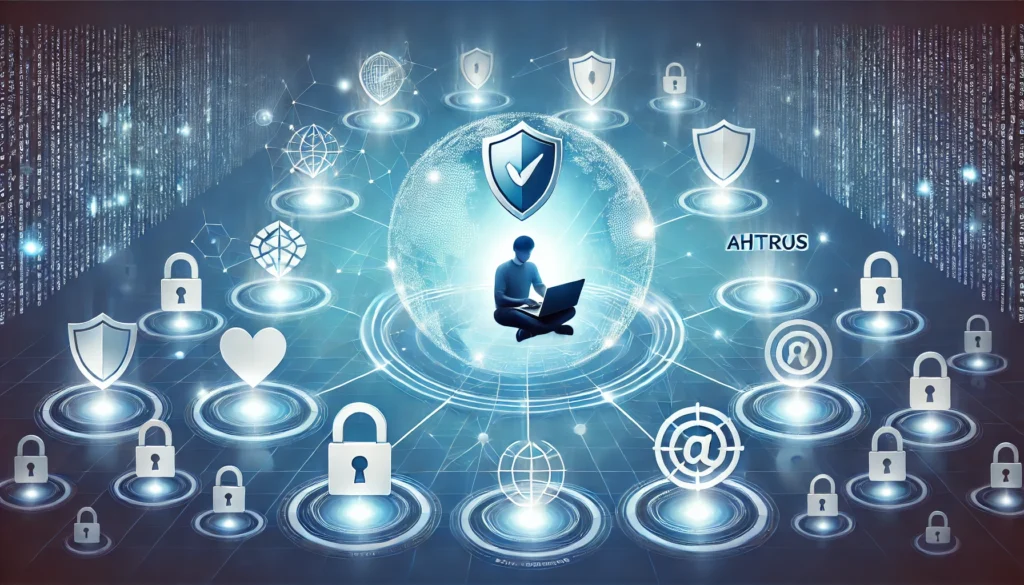In today’s posts, we will tell you about how to remain secure whereas browsing the web? The web is a basic portion of our day by day lives. From checking emails and social media to shopping and working from domestic, we spend hours online each day. Whereas the web offers unending openings for communication and learning, it too carries dangers. Cyber perils, such as hacking, malware, and online traps, are honest to goodness and can cause harmed to your person data, cash related information, and assurance. This article will coordinate you on how to stay secure while browsing the web by giving fundamental, commonsense tips.
1. Utilize Solid and Interesting Passwords
One of the most imperative steps in keeping yourself secure online is having solid passwords for your accounts. Frail or reused passwords are simple targets for programmers. Here’s how to progress your watchword security:
Tips for Solid Passwords:
- Length: A strong mystery word should to be at smallest 12 characters long.
- Grouping: Utilize a mix of upper and lowercase letters, numbers, and symbols.
- Uniqueness: Don’t utilize the same watchword over distinctive websites. If one area gets compromised, your other accounts might be at risk.
- Watchword Boss: Consider utilizing a watchword chief. These gadgets can make and store complex passwords, making it less requesting for you to keep track of them.
By utilizing strong and curiously passwords for each account, you diminish the chances of someone picking up unauthorized get to.
2. Empower Two-Factor Verification (2FA)
Even if you utilize solid passwords, it’s continuously a great thought to include an additional layer of security. Two-factor confirmation (2FA) requires you to give two shapes of distinguishing proof some time recently getting to an account. Ordinarily, this implies entering your watchword and at that point confirming your character with a moment strategy, such as a code sent to your phone.
Many websites, counting Google, Facebook, and keeping money locales, offer 2FA as an included security include. Empowering 2FA makes it much harder for cybercriminals to get to your accounts, indeed if they oversee to get your password.
3. Be Cautious with Individual Information
Be careful of the individual data you share online. Numerous websites, social media stages, and apps inquire for touchy information, like your title, address, phone number, or credit card subtle elements. Here’s how to remain cautious:

Tips for Securing Your Individual Information:
- Maintain a strategic distance from oversharing: Think twice some time recently posting delicate data, such as your full title, domestic address, or phone number.
- Check security settings: Survey the security settings on social media stages and alter them to restrain who can see your information.
- Don’t believe spontaneous demands: If somebody inquires for your individual data through e-mail, content, or social media, confirm their character some time recently reacting. Numerous phishing tricks endeavor to trap you into uncovering delicate data.
The less individual data you share online, the lower the chance of your character being stolen or misused.
4. Keep Your Computer program and Gadgets Updated
Software designers habitually discharge upgrades to settle security vulnerabilities. By keeping your contraptions, working systems, and program up to date, you can secure yourself from threats that target out of date frameworks.
Why Overhauls Are Important:
- Security patches: Overhauls regularly incorporate patches for known security imperfections that programmers may attempt to exploit.
- Bug fixes: Modern adaptations of computer program to address bugs that can cause issues with your device’s execution or stability.
- Made strides highlights: Upgrades moreover include modern highlights and upgrades, making strides the general experience.
Make beyond any doubt you empower programmed upgrades for your gadgets, so you don’t miss out on basic security patches.
5. Utilize Antivirus and Anti-Malware Software
Malware, which sets illnesses, spyware, and ransomware, can sully your computer or smartphone when you visit damaging websites, download sullied records, or tap on dangerous joins. Showing antivirus and anti-malware computer program is an imperative step in securing your contraption from such dangers.
Benefits of Antivirus Program:
- Real-time security: Great antivirus computer program will run in the foundation and caution you if it identifies any suspicious activity.
- Checking: It can check your records, emails, and downloads to guarantee they are free from malware.
- Ransomware assurance: Numerous antivirus programs incorporate particular instruments outlined to piece ransomware attacks.
Make beyond any doubt you keep your antivirus program up to date to guarantee it can viably distinguish and piece unused threats.
6. Be Attentive of Phishing Scams
Phishing tricks are one of the most common strategies programmers utilize to take individual data. In these tricks, you get false emails, content messages, or phone calls that show up to be from true blue companies, inquiring you to press on joins or give delicate information.

How to Spot Phishing:
- Suspicious sender: Double-check the sender’s mail address or phone number. Scammers regularly utilize addresses that see comparative to official ones but with little differences.
- Critical dialect: Phishing messages frequently make a sense of criticalness, such as “Your account has been compromised! Tap here to settle it now.”
- Abnormal joins: Drift over joins to see where they truly lead. If they connect is not from a trusted site, dodge clicking it.
- Spelling and language structure botches: Numerous phishing emails contain destitute linguistic use or unbalanced phrasing.
Always be cautious of spontaneous messages. If you’re uncertain almost the authenticity of a communication, contact the company specifically utilizing official contact details.
7. Dodge Open Wi-Fi for Delicate Transactions
Public Wi-Fi systems, such as those in cafés, airplane terminals, or libraries, are helpful but unsafe. Programmers can abuse these systems to captured your information. When browsing the web on open Wi-Fi, dodge getting to delicate accounts, such as online keeping money or shopping locales, as your individual data might be stolen.
Tips for Secure Open Wi-Fi Use:
- Utilize a Virtual Private Arrange (VPN): A VPN scrambles your web activity, making it much harder for programmers to caught your data.
- Dodge delicate exchanges: Abstain from entering passwords, credit card numbers, or individual points of interest when associated to open Wi-Fi.
- Turn off sharing settings: Cripple record and printer sharing on your gadget when utilizing open networks.
By taking additional safety measures, you can secure your security whereas utilizing open Wi-Fi.
8. Be Cautious When Downloading Records or Software
Downloading records or program from the web can uncover your gadget to malware. Be beyond any doubt to download substance as it were from trusted sources.
Secure Downloading Practices:
- Official websites: Continuously download computer program from the official site of the company or a trusted stage like the Apple App Store or Google Play Store.
- Check surveys: Some time recently downloading an app or program, studied client audits to see if anybody has detailed issues.
- Utilize antivirus computer program: Check records for malware some time recently opening them, indeed if they come from a trusted source.
If you don’t require to download something, dodge it inside and out to decrease the hazard of downloading malevolent content.
9. Recognize and Maintain a strategic distance from Online Scams
Cybercriminals continually plan unused ways to trick web clients, whether through fake giveaways, false speculation openings, or fake tech bolster tricks. It’s critical to remain alarm and doubtful of offers that appear as well great to be true.
Common Online Scams:
- Fake prizes or giveaways: Scammers offer free items or cash prizes in trade for individual points of interest or payments.
- Venture tricks: These tricks guarantee tall returns on speculations, frequently in cryptocurrency or “too-good-to-be-true” ventures.
- Tech bolster tricks: Scammers posture as tech back agents, claiming that your computer has an infection and persuading you to pay for pointless repairs.
Always investigate any offers or claims you come over online some time recently locks in with them. If something appears suspicious, believe your instinctual and maintain a strategic distance from it.
10. Be Cautious of Social Engineering
Social building is a strategy utilized by cybercriminals to control individuals into unveiling private data. This can happen through mail, phone calls, or indeed social media. Scammers may posture as companions, colleagues, or trusted organizations.

How to Secure Yourself from Social Engineering:
- Confirm some time recently trusting: If somebody inquires for individual data, confirm their personality some time recently sharing anything.
- Don’t share passwords: Never share your passwords with anybody, indeed if they claim to be from a trusted company.
- Think fundamentally: Continuously address demands for delicate data, particularly if they appear out of the ordinary.
Being mindful of social designing procedures will offer assistance you dodge falling casualty to these beguiling tactics.
Conclusion:
Browsing the web securely requires a combination of caution, great propensities, and the right devices. By taking after the tips laid out above—such as utilizing solid passwords, empowering two-factor verification, remaining alarm to phishing tricks, and keeping your program updated—you can secure yourself from numerous online dangers. Keep in mind, the web is an effective device, but with extraordinary control comes awesome duty. Remain educated and watchful to guarantee that your online encounter remains secure.
Read more posts:

